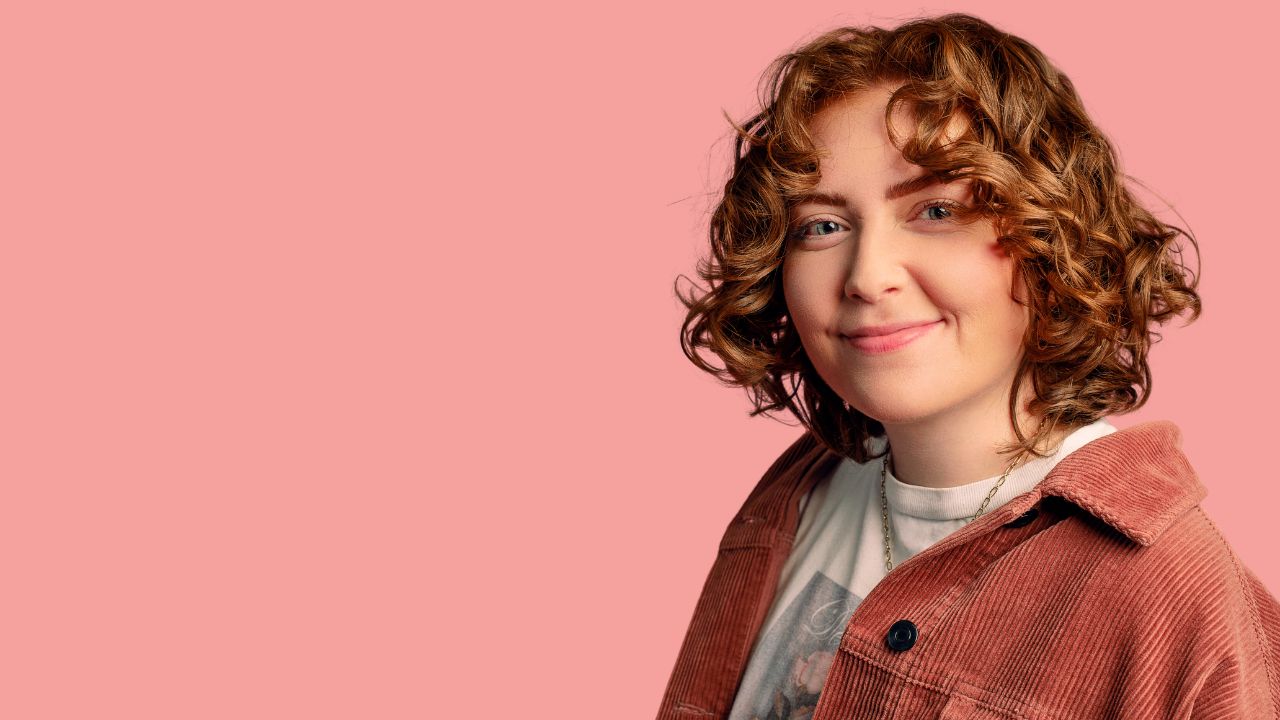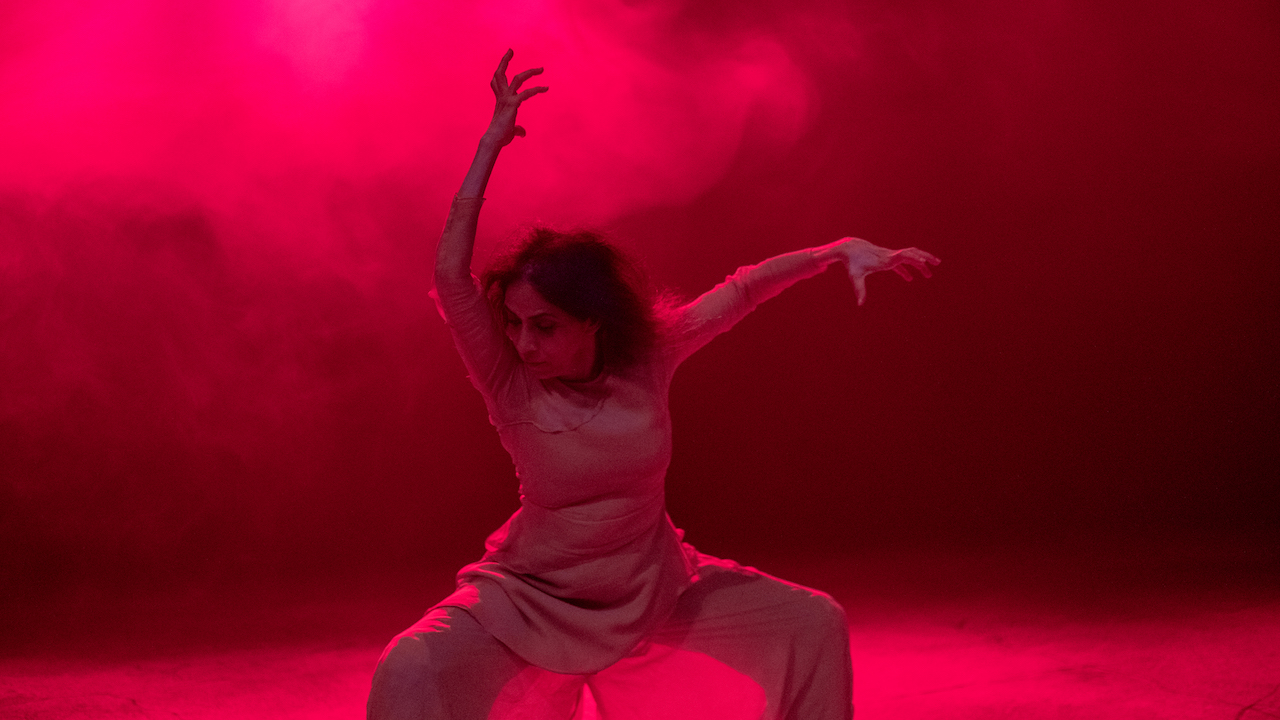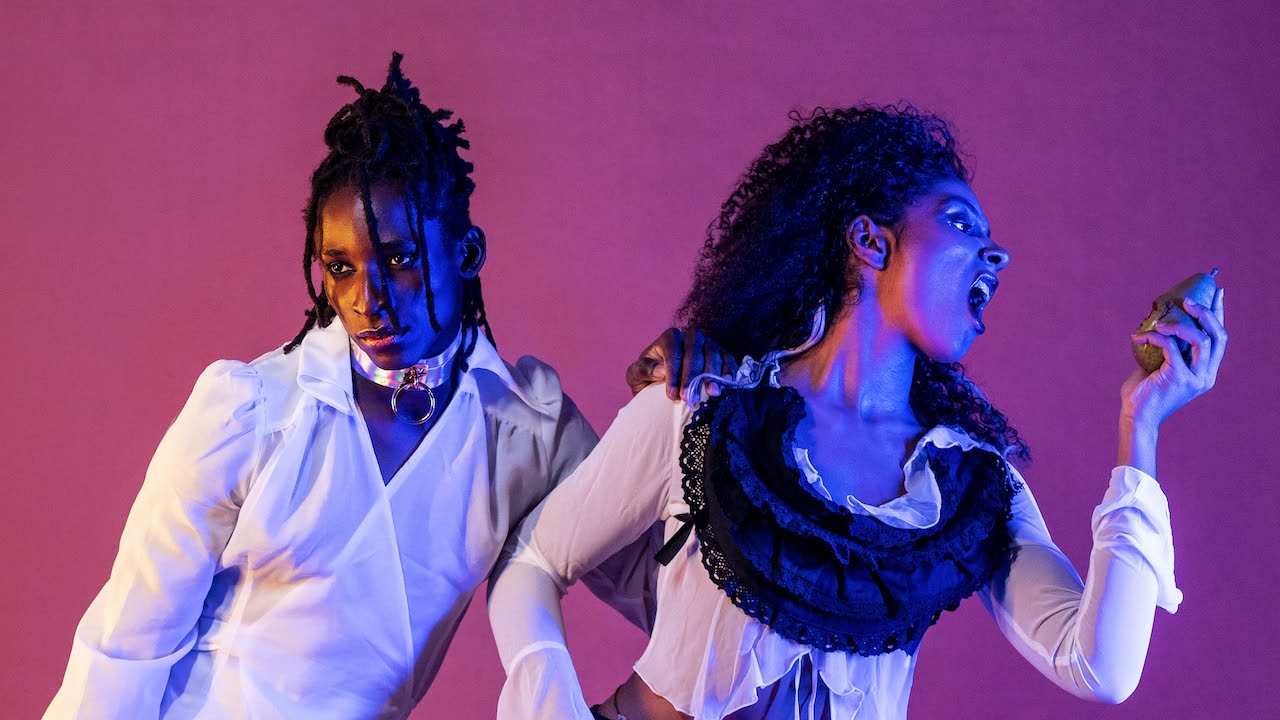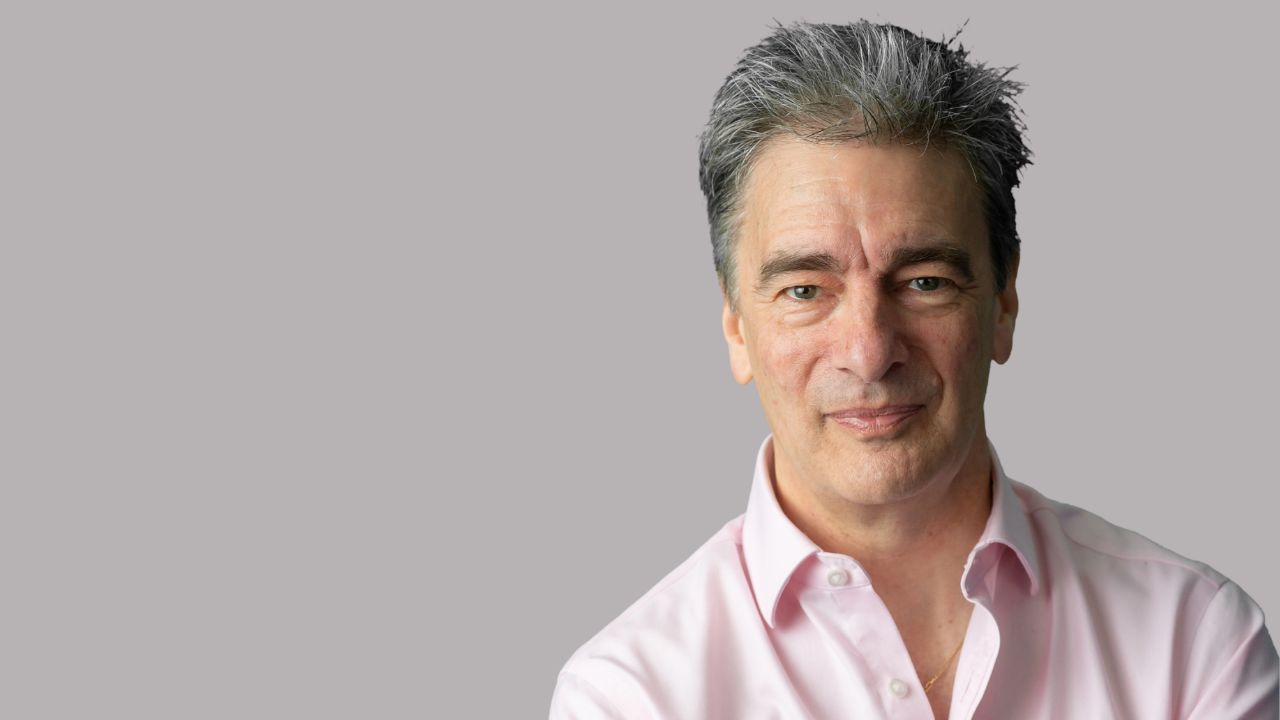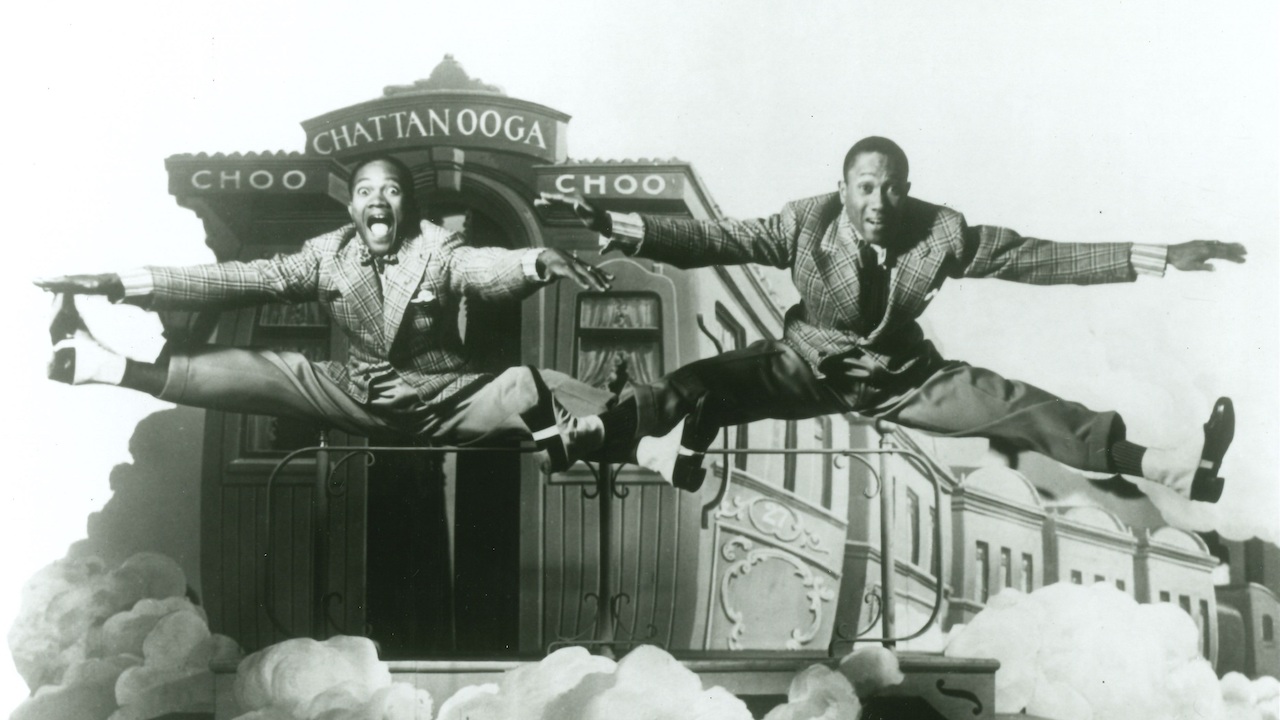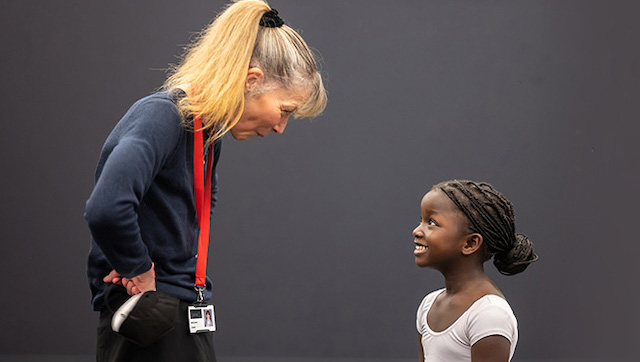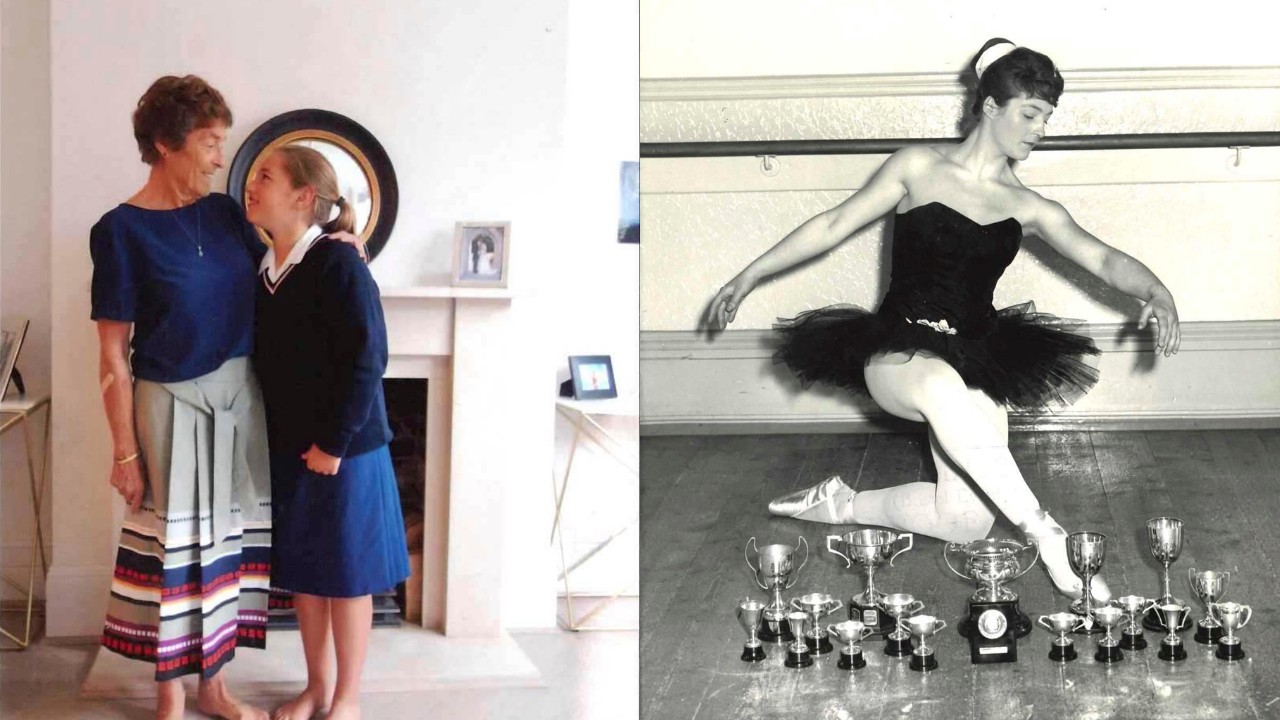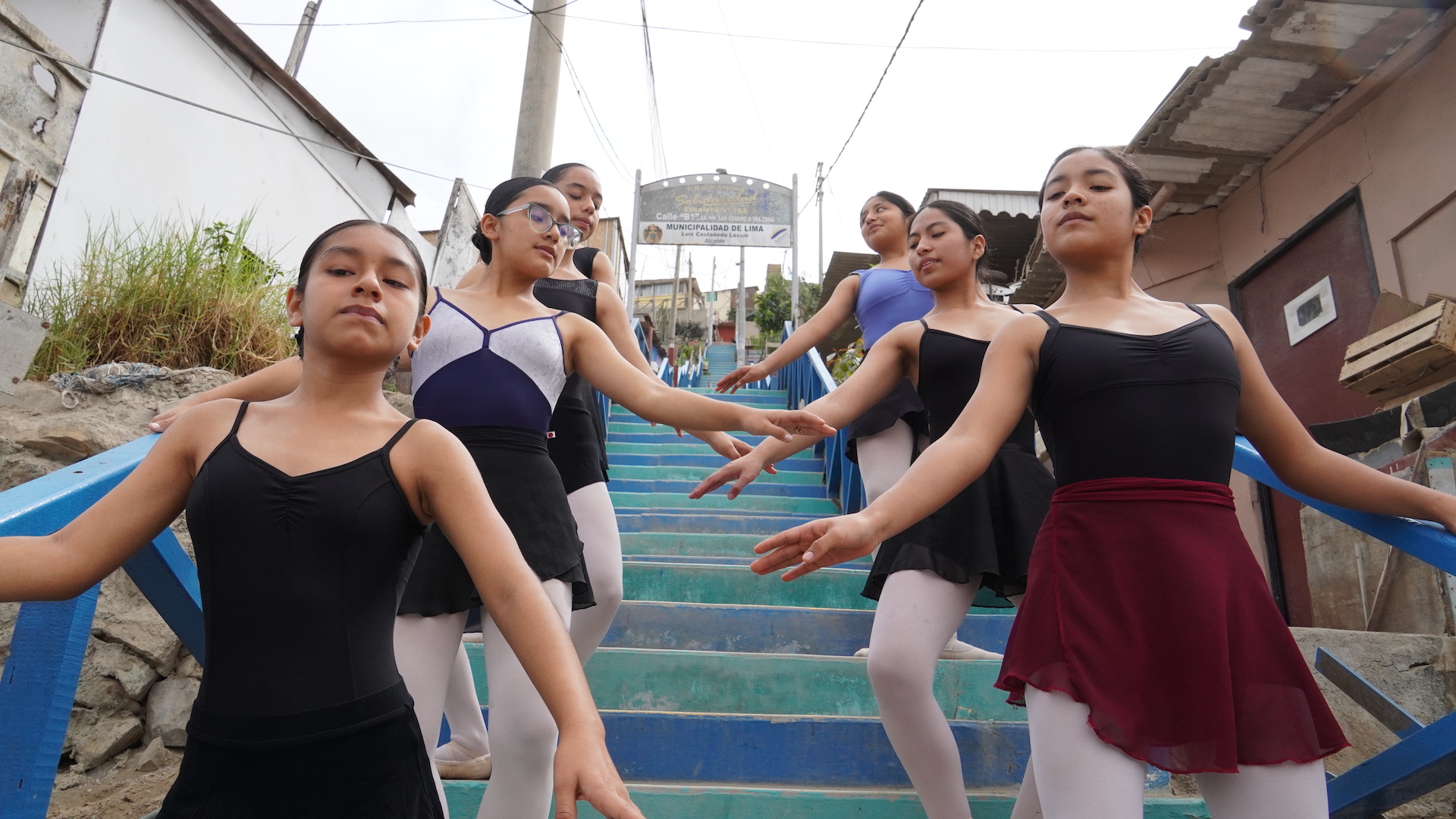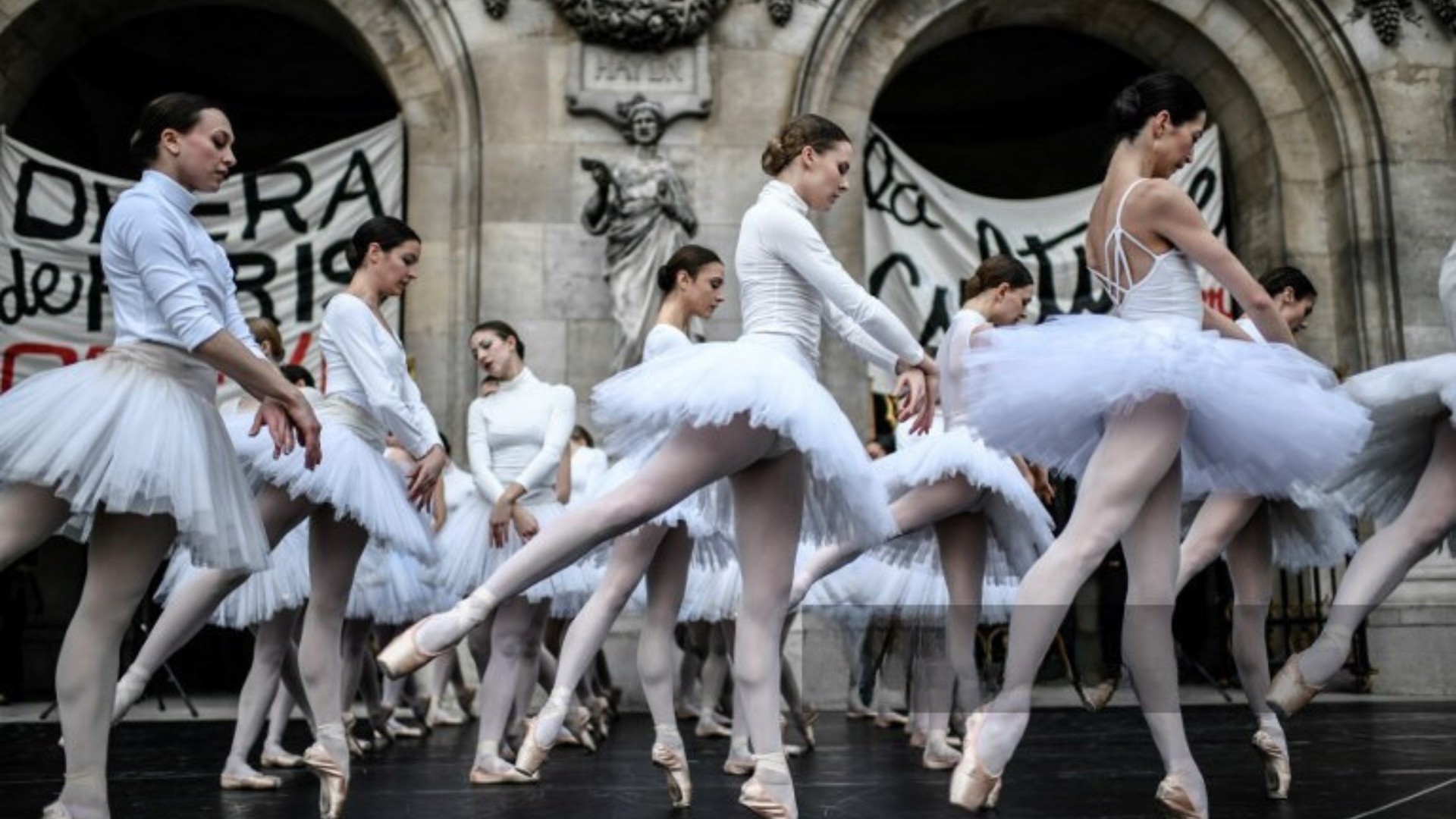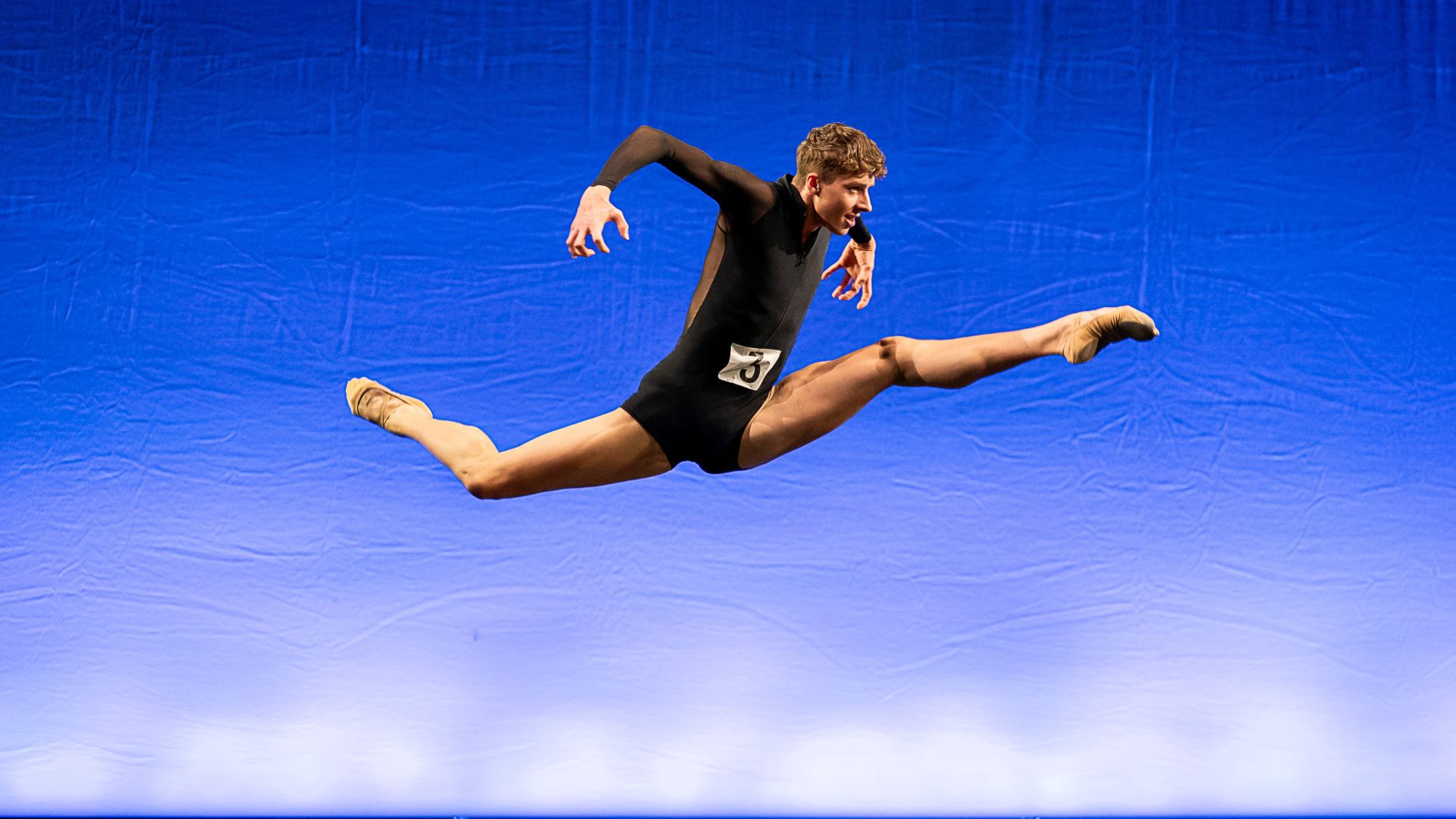You are an author and creator of a screen sensation. But more importantly: your mother is a dance teacher?
Yes, my mum, Trudi Oseman, is a director of a community dance school called the Bluebell School of Dance. It’s been her life’s passion. And she teaches ballet and so obviously, I did ballet from a really young age – I think I must have been two when I started baby ballet. I did it all the way until I was 14. I enjoyed it so much.
How was being taught by your parent?
She’s a very warm and loving person and such a good teacher, so it never felt awkward or weird at all. It was just my life.
Does the experience of performing help when you are in the spotlight today?
When you asked me to be on Why Dance Matters, one of the first things I thought about was how much confidence just having done dance has given me throughout my life. When I was at school, I never got that nervous about exams, and I always attribute that to the fact that I had done dance and been put in quite nerve-inducing situations, being on a stage performing in front of loads of people. It has given me so much confidence and made a lot of other things a lot less scary in comparison.
Writing and art – are these solitary activities where you have to find your own way?
I loved drawing, I loved writing stories. But when you’re growing up, finding your way into these artistic passions, they really are a solitary thing. I didn’t tell anyone that I was writing stories for a really long time. Didn’t tell any my friends or my parents, because it just felt like my thing. I didn’t want anyone else’s opinions, I guess.
How do you feel about the push back on teaching LGBTQ+ ideas, especially in the US?
It wasn’t my intention to write anything to make a point or to be used in any arguments. It’s been really interesting to see the swarm of popularity that Heartstopper has gained, despite the rising anger and bigotry surrounding queer books. It’s been really sad to see Heartstopper being challenged and banned in various schools, particularly in America. It’s hard to comprehend why such an innocent love story could possibly be deemed inappropriate. But it is good to know that I’ve put something positive into the world.
What is the physical act of creation like?
Creating a webcomic is a very physical task. I have to draw every single day – my aim is to draw one page every day and that’s about three or four hours of drawing. I have to be sitting at my desk in a very rigid, upright chair. If I draw more than that or if I’m sitting slightly wrong, I will injure myself. There are so many webcomic artists who develop quite serious injuries, especially backs and shoulders. It’s so easy to injure yourself from drawing too much.
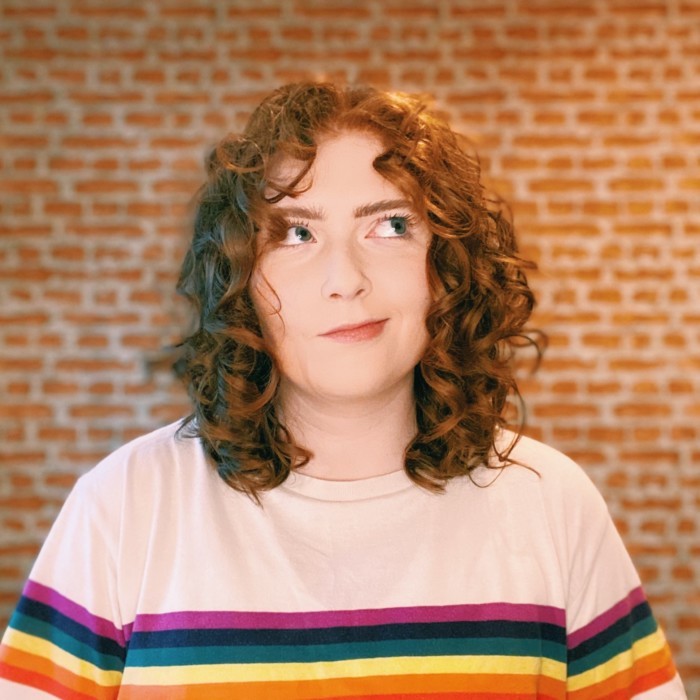
Why does dance matter to you?
It’s given me a very natural inner confidence when it comes to so many other aspects of my life. I do a lot of public appearances as an author, I do some public speaking. Having done dance, being on stage in front of lots of people, in high pressure situations like exams, has made me feel comfortable expressing myself in front of lots of people.
The second part of my answer is: creativity. Before you invited me on the podcast, I hadn’t thought about how being creative and dance has been such a big part of my life. Exploring and expressing my emotions, through music, and through movement has been fun, something that I have loved to do. And while dance isn’t my life’s passion, it has been a really lovely and joyful thing to have had in my life.
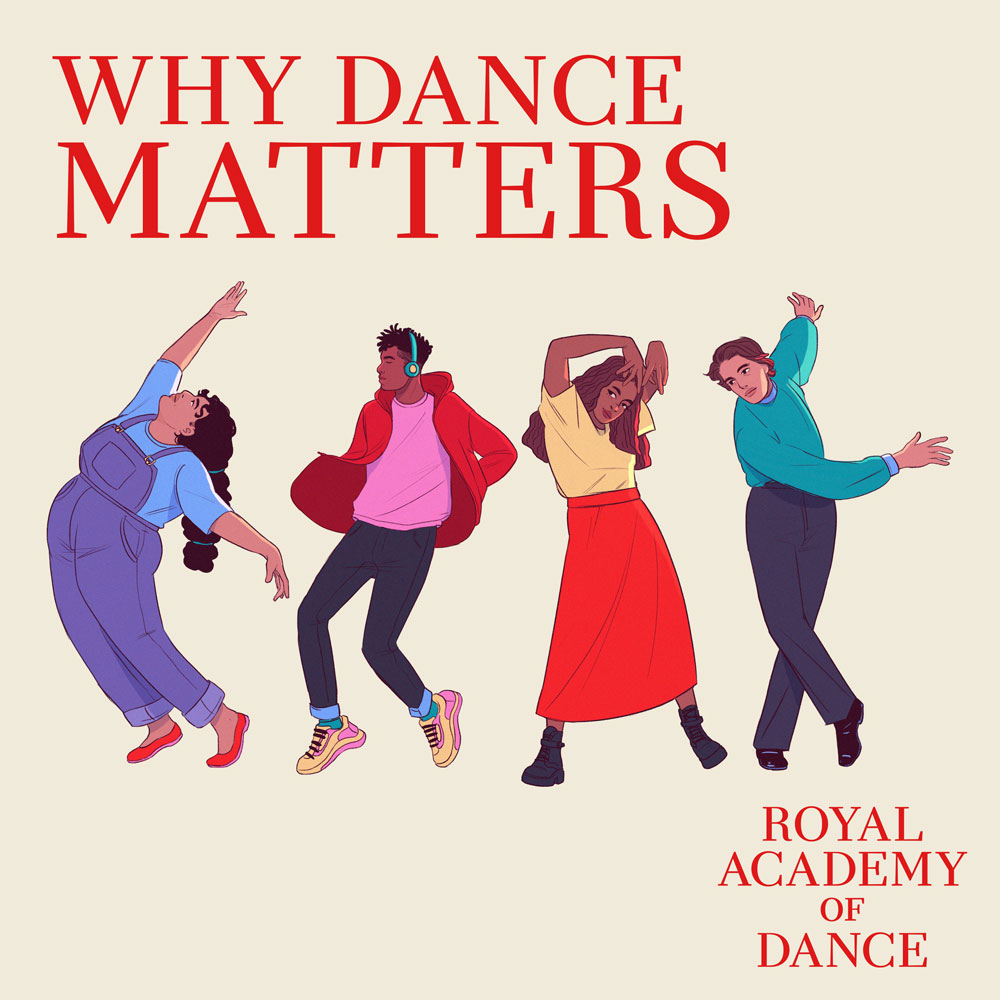
Why Dance Matters
Why Dance Matters is the RAD’s podcast – conversations with extraordinary people from the world of dance and beyond hosted by David Jays, editor of Dance Gazette. The latest season of Why Dance Matters also includes choreographer Wayne McGregor, David Hallberg, artistic director of the Australian Ballet, ballerina and physicist Merrill Moore, RAD teacher Mitchell Rayner and Endalyn T Outlaw, who is a coach at The Fonteyn. Plus: Jennifer Wright, choreographer of Barbie! Do listen and subscribe.

